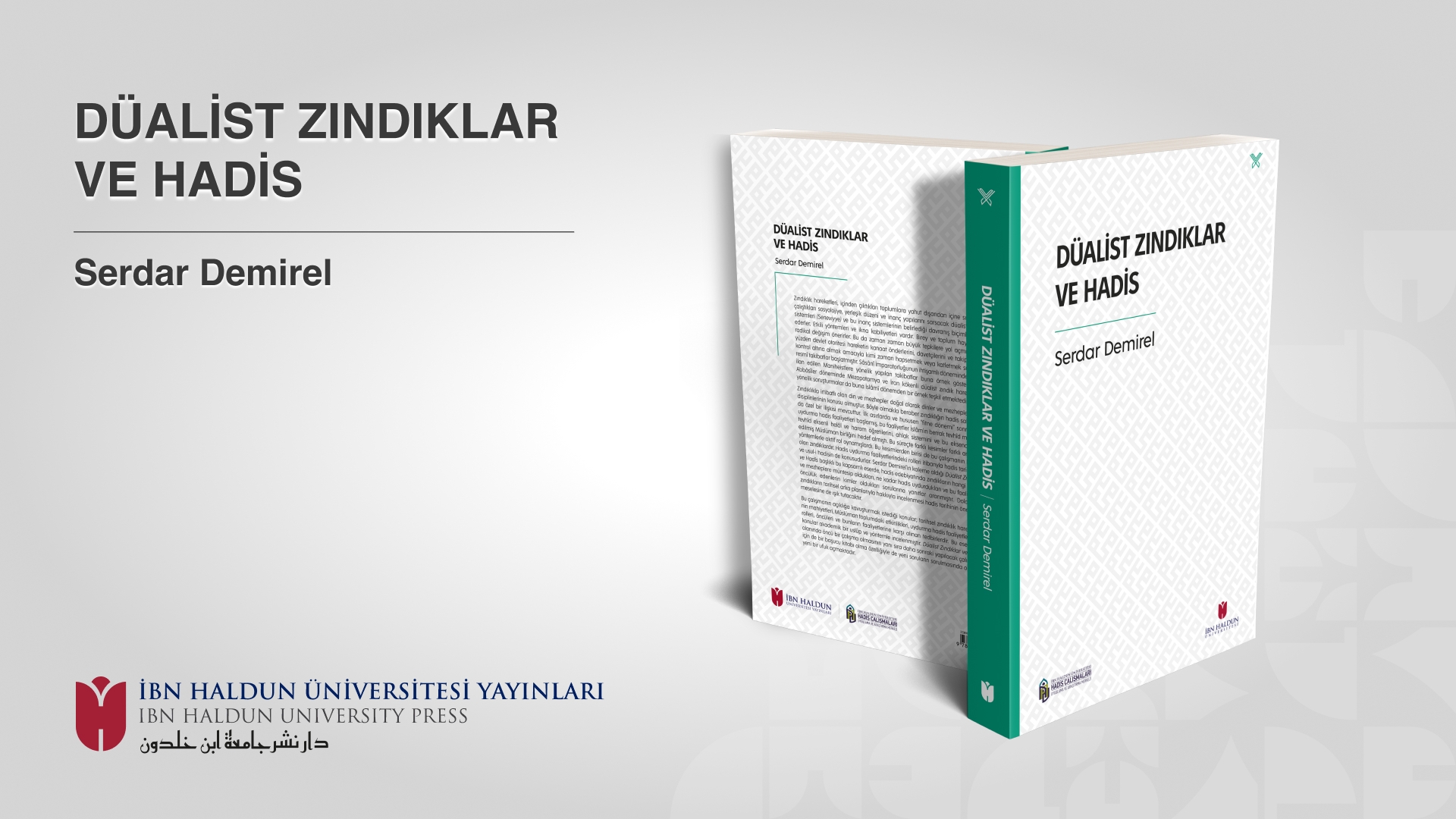


Heretical movements (zindiqism) propose dualistic belief systems, like the Sanawiyya, that can shake the established order and belief structures of the societies they emerge from or attempt to infiltrate from the outside, along with prescribed behaviors determined by these belief systems. They (Zindiqs) have effective methods and persuasive abilities. They suggest radical changes in the lives of individuals and communities, which have sometimes led to significant backlash. Therefore, state authorities have sometimes initiated formal prosecutions by imprisoning or execution the leaders, promoters, and followers of the movement to keep them under control. The persecutions directed at the Manicheans, who were declared heretics during the glorious period of the Sassanian Empire, can be cited as an example. Investigations into dualist heretical movements originating from Mesopotamia and Iran during the Abbasid period also serve as an example from the Islamic era.
Heresy and heretics (zindiqism) have naturally become subjects of the disciplines of history of religions and sects. While this is the case, heresy also has a special relationship with the field of hadith. In the early centuries, especially after the "period of fitna," activities of fabricating hadiths began, targeting the clear monotheistic message of Islam, its monotheism-centered teachings of halal and haram, its moral system, and the Muslim unity built around this axis. During this process, different groups played active roles with various aims and methods. One of these groups is the heretics (Zindiqs), who are the subject of this study. Their roles in the fabrication of hadiths also make them subjects of hadith history, biographies of narrators (Ilm Rijal), and methodology of hadith. In the comprehensive work titled 'Dualist Heretics and Hadith' by Prof. Dr. Serdar Demirel, questions about which religions and sects the heretics belonged to, how many hadiths they fabricated, and who led these activities are explored. Therefore, a proper examination of the historical background of the heretics will shed light on an important issue in the history of hadith.
The issues this study aims to clarify are the nature of historical heretical movements (zindiqism), their activities within the Muslim community, their roles in the fabrication of hadiths, their pioneers, and the measures taken against their activities. In this work, these topics have been examined with an academic style and methodology. 'Dualist Heretics and Hadith' is not only a pioneering study in its field but also serves as a reference book for future research, opening new horizons for readers in posing new questions.